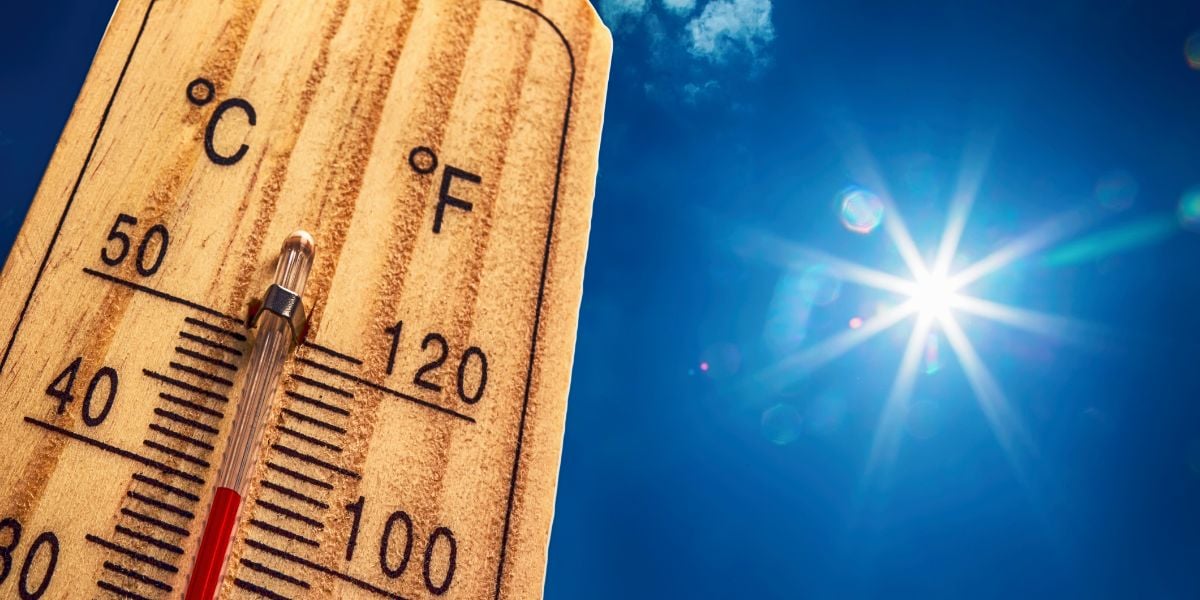As global temperatures rise, sleep quality is declining. Experts say habits like taking cool showers and cutting back on caffeine and alcohol can help, but long-term solutions are needed.
Heat affects the brain’s ability to regulate the body, activating stress that disrupts rest. A 2024 review in Sleep Medicine warns that climate change and urban heat are serious threats to sleep and health.
Studies show people have already lost an average of 44 hours of sleep per year due to warming. By 2099, that number could reach up to 58 hours annually, according to research from the University of Copenhagen involving over 47,000 people worldwide.
Lead author Kelton Minor said: “Interventional studies and field experiments are now urgently needed to foster adaptation and safeguard the essential restorative role of sleep in a hotter world.”
- Metabolic syndrome associated with lack of sleep during pregnancy
- Brain function enhanced by good sleep and exercise
- Heart attack and stroke risk increased by irregular sleep
The brain’s networks that control body temperature and sleep are deeply linked, and cooling down the body’s core temperature plays a crucial role in enhancing sleep quality.
However, adjusting to warmer conditions can strain the body, notes Fabien Sauvet, a researcher at Paris Cité University.
He said “We sweat more and faster, for example, but it requires additional hydration. And it has limits, so during heat waves, the most important thing is to adapt our behaviour,”
While it’s commonly believed that sleeping in a room cooled to 18–20°C is ideal, some experts argue that people can sleep well even at temperatures as high as 28°C.
With appropriate adjustments — such as wearing lightweight clothes, using a single sheet, and ensuring proper air circulation — many can adapt to warmer nights, says Fabien Sauvet.
Relying too heavily on air conditioning, he warns, can hinder the body’s natural ability to acclimate to heat.
Still, once room temperatures rise above 28°C, quality sleep becomes significantly more difficult.
According to neuroscientist Armelle Rancillac, chronic sleep loss can interfere with the body’s recovery process.
In the short term, this can cause fatigue and impair alertness, raising the risk of accidents. Over time, it may contribute to serious health problems including metabolic issues, cardiovascular disease, and even conditions like Alzheimer’s.
- Catching up on missed sleep may reduce heart disease risk by nearly 20%
- Heart attack and stroke risk increased by irregular sleep
- Chronic health complications triggered by poor sleep
To maintain healthy sleep during hot weather, Rancillac recommends addressing common disruptors.
Cooling the body with a mild shower before bed, avoiding stimulants such as caffeine and limiting alcohol can all help.
She also suggests avoiding hot baths after exercise and instead cooling down naturally or with cold water.
Midday naps — lasting 30 to 40 minutes and taken before 2 pm — can help offset some effects of sleep loss without affecting nighttime rest.








